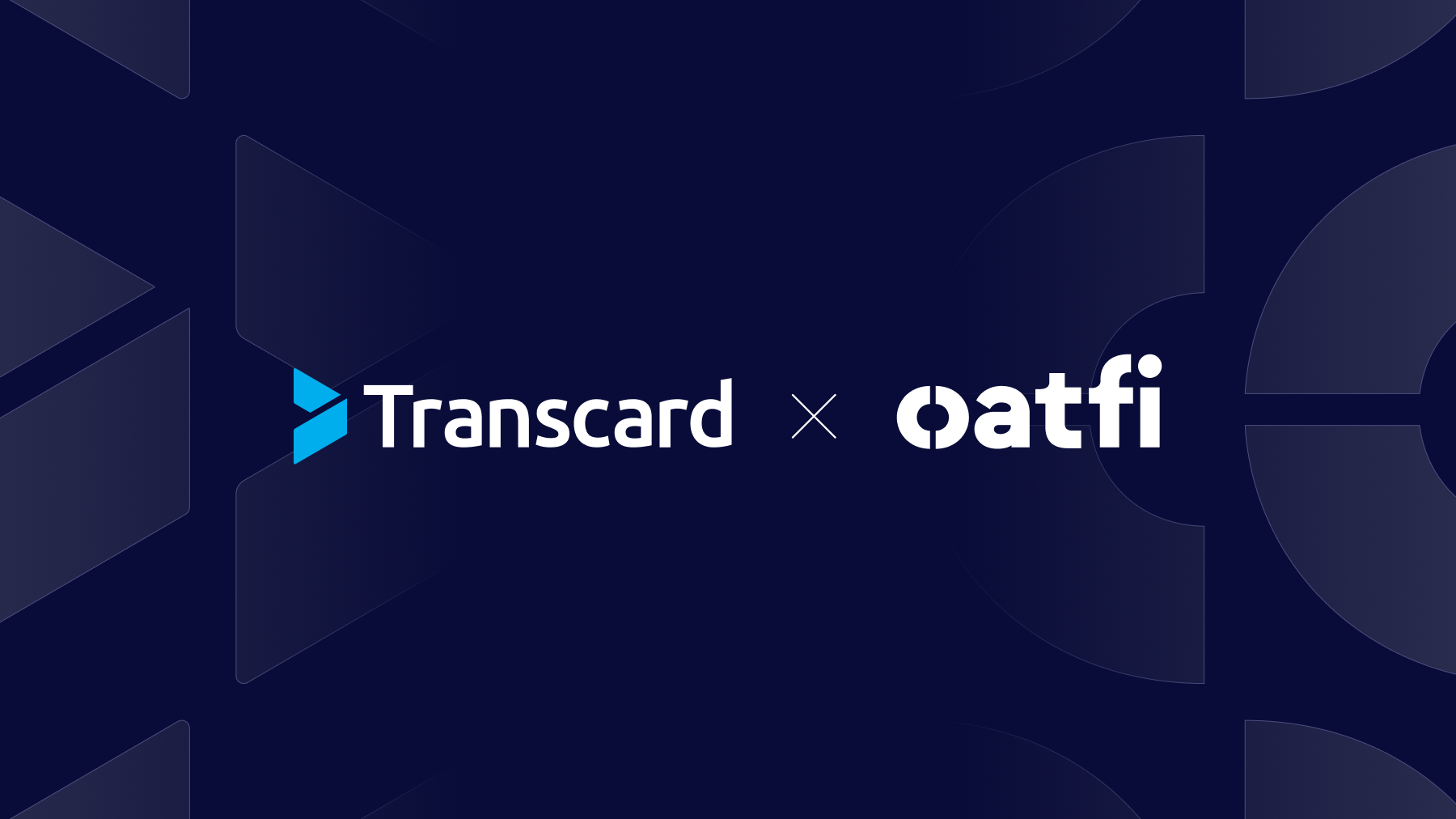Even the United States’ federal government is moving to modernize payments. In a recent executive order, the White House outlined plans to shift away from paper-based systems toward faster, more secure digital methods. Last year alone, maintaining checks cost the federal government over $657 million. Yet many businesses continue to rely on checks, facing the same inefficiencies and avoidable costs that the government is now working to eliminate.
Still Using Checks? You’re Not Alone.
Transcard’s latest Insights Report revealed that most finance and treasury leaders in the U.S. still rely on paper checks. Eighty-eight percent of survey respondents said they support them today, yet more than 80 percent expressed that it is very important to move to electronic or digital payments.
Why are Checks Still so Widely Used in the United States?
For many finance teams, checks represent a familiar and comfortable process. They’ve been the standard and are deeply embedded in existing workflows. But that sense of comfort can make it easy to overlook the real cost. Every check issued comes with hidden expenses that add up quickly:
• Labor and Materials: Time spent printing, signing, and mailing paper checks.
• Bank Fees: Processing charges that add up with every transaction.
• Manual Reconciliation: Extra effort to track, match, and manage payments.
Beyond cost, checks also slow down payments and increase the risk of manual errors like duplicate payments or mis-keyed amounts. Whether it’s a refund to a customer, a payment to a supplier, or a reimbursement to an employee, these delays disrupt cash flow and strain relationships. Digital payment methods like automated clearing house (ACH), real-time payments (RTP), and virtual cards offer faster, more reliable alternatives.
Transcard’s SMART Suite helps businesses take the next step. This embedded payment orchestration platform integrates with ERP/core systems and connects to existing bank accounts, supporting an array of payment methods for disbursements and enabling seamless auto-reconciliation. Whether paying suppliers or refunding customers, businesses can streamline operations and give receivers the flexibility to choose how they get paid.
Why is Now the Right Time to Stop Using Checks?
Paper checks were designed for a different era. As government agencies move to digital payments, businesses can take action to improve how they pay suppliers, customers, and employees. But sticking with what’s comfortable often means holding on to avoidable costs, delays, and inefficiencies. Shifting from checks introduces change, but it’s the kind of change that improves visibility, reduces friction, and speeds up payments.
Learn how Transcard makes it easier to leave checks behind and move forward with smarter payments.




